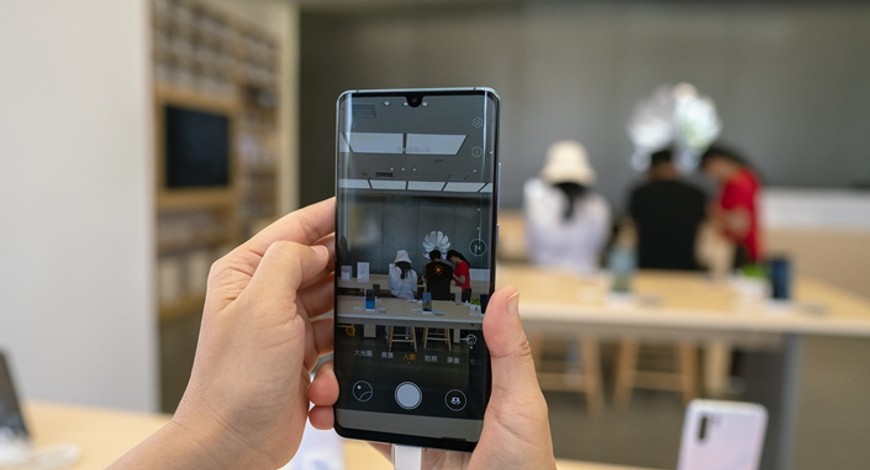Trends
China’s smartphone shipments tumble 31% in July

China’s smartphone shipments plunged 31 per cent in July amid weak consumer sentiment and the lack of major new releases, according to data from a state-affiliated institute, continuing a downward trend as Covid-19 lockdowns and other control measures dampen local demand.
Total domestic smartphone shipments reached 19.1 million units in July, compared to 27.7 million in the same month last year, according to a new report by the China Academy of Information and Communications Technology, a research institute under the Ministry of Industry and Information Technology. The latest smartphone shipment number is also below the 21 million units recorded in July 2012.
Chinese smartphone brands accounted for 91.8 per cent of the shipments in July this year, with 18 new models released during the period, according to the report released on Tuesday. Seven out of 10 smartphones shipped in July were 5G handsets.
For the first seven months of 2022, total smartphone shipments in China reached 153 million units, down 23 per cent from the same period last year.
That downturn does not seem to bode well for a marked improvement in smartphone shipments this third quarter, although Apple’s release of its new iPhone 14 range this month could provide a late boost.
The new iPhone 14 series, which was unveiled last week, has seen a deluge of pre-orders in the world’s largest smartphone market, crashing Apple’s China online services. Shipments of the iPhone 14 Pro and Pro Max, the two most premium-priced models, have been pushed back five to seven weeks beyond their September 16 release date.
Last Saturday, 24 hours after pre-orders opened, Chinese consumers placed more than two million orders for iPhone 14 models through the official Apple Store on JD.com.
The two Pro models accounted for about 85 per cent of all iPhone 14 pre-orders in China, according to Kuo Ming-chi, an analyst at TF Securities who covers Apple.
Still, it may be too early to be bullish about the impact of iPhone 14 pre-orders in China, according to a research note from Jefferies equity analysts led by Edison Lee.
“We need to see the pre-orders for a few more days to judge if the strength may continue,” the Jefferies note said. “Note that the pre-order has no commitment since it does not involve payment obligation. Moreover, iPhone 14 Pro and Pro Max attract the highest-end consumers who are not price sensitive and would likely upgrade their phones every year.”
Jefferies analysts also continued to be bearish on the global smartphone outlook. “Even though the early pre-order volume in China points to a bullish outlook for iPhone 14 sales, we believe any better-than-expected strength in iPhone sales would likely mean more share loss of the Android camp,” the Jefferies note said.
Global shipments of smartphones are predicted to contract by 3 per cent this year amid supply chain disruptions that are partly attributed to China’s faltering economy, which has been slowed by Covid-19 lockdowns, and the war in Ukraine.
Total smartphone shipments worldwide are expected to reach 1.36 billion units this year, down from 1.39 billion in 2021, according to the latest global forecast from Counterpoint Research published in June. In contrast, smartphone shipments last year rose 4 per cent from 2020’s 1.33 billion total.
Despite that gloomy outlook and its own struggles with US trade sanctions, Huawei Technologies Co launched its new flagship Mate 50-series smartphones on September 6, days ahead of Apple’s new iPhone event. Shenzhen-based Huawei, formerly China’s biggest smartphone vendor, looked to entice domestic consumers with a high-end smartphone series that can link to China’s BeiDou global satellite navigation system, but has no 5G connection. South China Morning Post















You must be logged in to post a comment Login